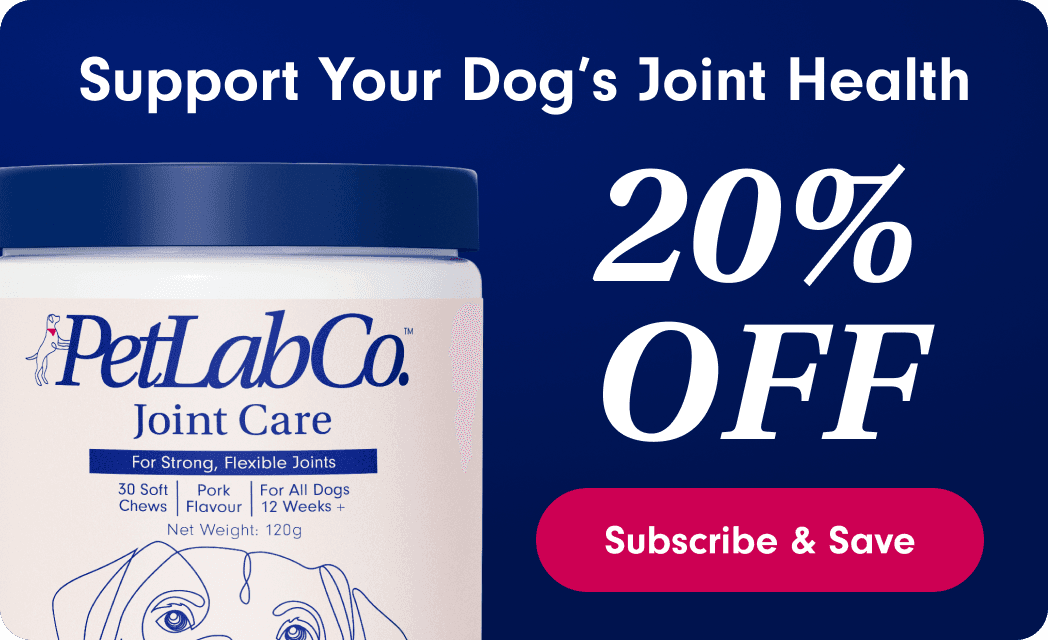
Can Dogs Eat Turkey?
Estimated Read Time: 3 minutes
Summary: In this blog, we'll learn if turkey is good for dogs. Can this lean, low-fat, white meat benefit your dog's health or is it a meat you should avoid?
It’s that time of year when turkey is in abundance! With Christmas around the corner, turkey may soon become a regular staple in your household's diet.
With all the delicious food and time with loved ones, you may also be tempted to let your four-legged friends join in with the festivities – including the food!
Now, we know dogs can eat meat, but what meat is good for dogs? Is turkey bad for dogs or can they join in with the festive fun...?
Is Turkey Good For Dogs?
Turkey is a great meat to give to your dog in small portions. Just like anything in life, moderation is key.
So, why is turkey good for dogs? Well, not only is it a lean, low-fat, white meat, but it also contains high levels of protein, vitamin B, B3, B12, and iron which can all help support your dog’s overall health and well-being.

Is Turkey Bad For Dogs?
This is where things aren’t as straightforward. Yes, dogs can eat turkey, and adding the odd bit here and there to their diet can be beneficial, however, the way you give your dog turkey is very important...
1. Remove Bones
Dogs love to chew on bones, but small ones in meat are not good! These tiny bones can become choking hazards, and, not only that, but they can also cause a potential intestinal blockage, which might lead to serious health problems. Not to mention cooked bones are more brittle and fragile, meaning they can splinter and wreak havoc inside your pup’s digestive system.
2. Avoid Seasonings
If you’re planning on sharing some turkey with your dog this Christmas or just thinking about adding it to your dog’s diet, make sure you avoid all seasonings.
Garlic, onion, and salt go perfectly with turkey but they can be dangerous and toxic for your dog. So, always make sure any turkey you give your dog is plain, reducing the risk of any stomach upset.
3. No Fatty Parts
High fatty foods aren't good for anyone - including your dog. Just like many other types of meat, turkey contains fatty parts, which also includes the skin. Remove these before giving turkey to your pup to avoid potential digestive issues or obesity.
How To Give Your Dog Turkey
As mentioned above, turkey is okay for dogs to eat in moderation. But what's the best way to add turkey to your dog's diet safely?
First things first, make sure you remove the bones and fatty parts (including the skin), cook thoroughly, and avoid giving your dog turkey that has been cooked with garlic and onion.
The best way is to cut the plain turkey into small slices or chunks, and add the protein-packed meat to your dog's meal as a tasty surprise or use them as a mouth-watering reward.
PetLab Co. Pro Tip: Always check with your veterinarian before adding new foods to your dog's diet. This is extremely important when introducing your dog to 'human foods', as all dogs are different and can experience different reactions.
Sources
Dr. Howell, Stephanie, “Can Dogs Eat Turkey?”, Veterinary Emergency Group. https://veterinaryemergencygroup.com/blog/can-dogs-eat-turkey/







